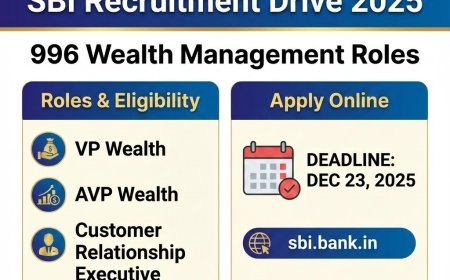XX Taxation in Securities Markets -27
XX Taxation in Securities Markets -27
Find More Mock Tests Here
Q 1. What is the purpose of Instruction No. 1827 and Circular No. 4 of 2007 issued by CBDT?
Regulating the sale of shares and securities
To simplify the tax treatment of shares and securities
Guide distinguishing capital gains from business income
To discourage investment in shares and securities
Q 2. What is the tax treatment for gains or losses from the sale of bonus shares held as stock-in-trade?
Taxed as regular income
Taxes as capital gains
Exempt from tax
Taxed at a flat rate
Q 3. How are ADRs different from GDRs?
ADRs are denominated in US dollars, while GDRs are denominated in Indian rupees.
ADRs are issued by Indian companies, while GDRs are issued by non-US companies.
ADRs are listed on US exchanges, while GDRs are listed on European exchanges.
ADRs carry the corporate and economic rights of foreign shares, while GDRs do not.
Q 4. What is one of the conditions specified for an applicant to be considered an eligible investment fund?
The fund must have a minimum corpus of US $10 million
The fund must be regulated by the International Financial Services Centres Authority
The fund manager must be a resident of a country whose central bank is a member of the Bank for International Settlements
None of the above
Q 5. What determines the tax rate applicable to short-term capital gains?
Type of investment account
The amount of capital gain
The sector of the company
The residential status of the taxpayer
Q 6. How is the exemption calculated for income attributable to non-resident unitholders in a category-III AIF specified fund under Section 10(4D)?
By multiplying the daily AUM held by non-resident unit-holders
By dividing the daily total AUM of the specified fund
By adding the daily AUM to the period of holding the capital asset
By calculating the average AUM of the specified fund
Q 7. Can Sovereign Gold Bonds (SGBs) be used as collateral for loans?
No, they cannot be used as collateral
Yes, but only from banks
Yes, but only from financial institutions
Yes, they are eligible to be used as collateral for loans from banks, financial institutions, and NBFCs
Q 8. How are resultant capital gains computed in foreign currency converted into Indian Rupees?
At the average exchange rate over one year before the date of transfer
At the buying rate prevalent on the date of transfer of the capital asset
At the selling rate prevalent on the date of transfer of the capital asset
None of the above
Q 9. What is the primary characteristic of the Cash System of accounting?
It calculates profit or loss based on income and expenditure regardless of cash receipt or payment
It calculates profit or loss based on cash receipt and payment only
It calculates profit or loss based on income and expenditure only when cash is received or paid
It calculates profit or loss based only on cash transactions
Q 10. When is the exemption allowed for the investment division of an offshore banking unit under Section 10(4D)?
If you earn income from any source
If you earn income from securities not specified in para 1.2
When the audit report is filed in Form No. 10-IL by the due date
When the investment division files its annual financial statements
Q 11. Which income is NOT part of the 'total income' and is considered exempt?
Income from salaries
Income from house property
Capital gains
Dividend income
Q 12. How are derivative transactions settled?
With the actual delivery of the underlying asset
Without the actual delivery of the underlying asset
Through the physical exchange of assets
None of the above
Q 13. What is a specified mutual fund (SMF) based on its investment in equity shares?
Invests more than 50% of its total proceeds in equity shares
Invest exactly 35% of its total proceeds in equity shares
Invests less than 35% of its total proceeds in equity shares
None of the above
Q 14. Which of the following incomes is always taxable under the head of "Income from other sources"?
Salary income
Rental income from house property
Dividend income
Capital gains
Q 15. Which companies are exempt from MAT if they do not have a Permanent Establishment (PE) in India?
Domestic companies
Foreign companies
Insurance companies
Companies governed by specific laws
Find More Mock Tests Here



